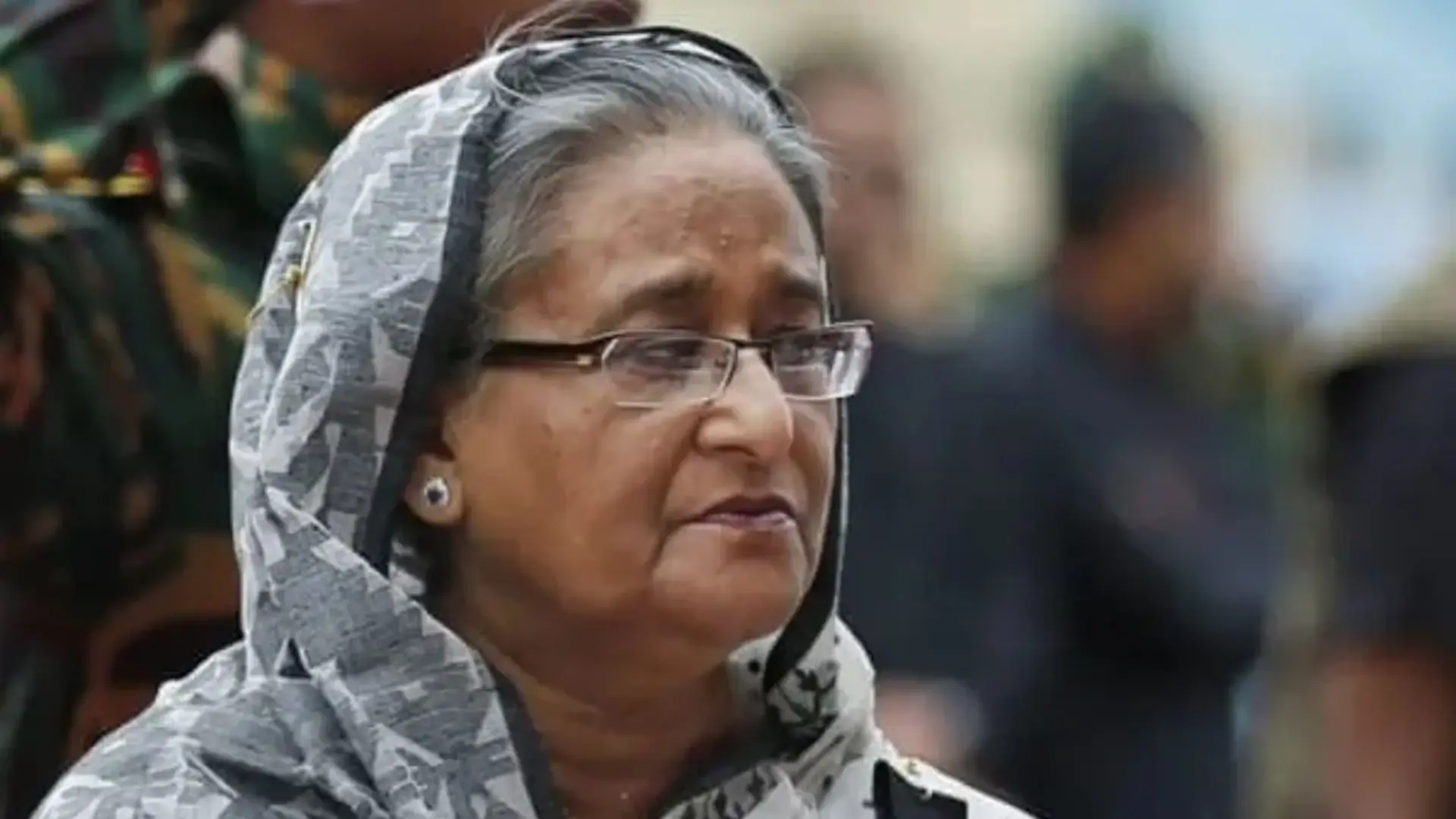Former US President Barack Obama famously said, “There’s no such thing as a vote that doesn’t matter.” That’s the beauty of democracy. Each and every vote matters. In a country like India where there is great disparity in terms of wealth, elections serve as the great equaliser. For, whether a billionaire industrialist or a poor farmer both enjoy the same importance when it comes exercising their right to vote. A lot of the people who claim to be uninterested in politics forget that the outcome of the elections would ultimately affect each and every person. It is important to understand that electing the right leader can go a long way in setting the country on the path to excellence. But if we don’t vote then how can we ensure that the right leader gets elected? Therefore, not voting is not an option in a democracy. To quote the late US President John F. Kennedy: “The ignorance of one voter in a democracy impairs the security of all.”
Over the last 70 years, we have come a long way as a nation: from bullock carts to jeeps to airplanes to space to the Internet. “Having evolved over the past seven decades as the largest functional and successful democracy, our periodic elections are a spectacle in themselves. As a student of politics first and then as a practising politician for more than 45 years, I have witnessed the Indian elections extremely closely, at a personal as well as political/ institutional level, sand have seen their contours change dramatically,” writes former Indian President Pranab Mukherjee in his foreword to academician Farhat Basir Khan’s book The Game of Votes: Visual Politics and Elections in the Digital Era.
Described as a “veritable primer on Indian politics” by Mukherjee, The Game of Votes highlights the vital role played by the digital and technology platforms in the election outcomes in India as well as globally while showcasing the entire gamut of key players in the electoral field. The book also delineates the paradigm shift in political campaigning, most evident in the campaigns of Narendra Modi, Donald Trump and Barack Obama while offering insights into the entire history of Indian polity. Khan offers a unique perspective on how PM Modi won back-to-back elections in 2014 and 2019. “The election of Narendra Modi as the Prime Minister is akin to the successful candidature of Mrs Indira Gandhi, who twice became the Prime Minister. Modi did what many failed to do in past few decades of the history of India. The more other contenders denounced Modi, the more popular he became and non-BJP disapproval of Modi acted in his favour. He remained in news, and thus in public view constantly,” explains Khan in his book.
The author doesn’t limit his book’s scope to the aforementioned contemporary leaders. The Game of Votes provides an in-depth insight into the past, present, and also the future election scenarios. He offers a bird’s eye view of the historical political scene at large. He takes us on an exhilarating ride starting from the early days of American democracy that saw George Washington winning back-to-back elections unopposed in 1789 and 1792 to Harry Truman’s historic 1948 election campaign during which he remarkably covered 31,000 miles stopping to shake tens of thousands of hands. The book takes us further from Dwight D. Eisenhower’s “Eisenhower Answers America” television campaign in 1952 that ushered in a new age of election campaigning replacing the more traditional methods, to TV-charmer John Kennedy’s 1960 election campaign that created over 200 ads with a popular jingle with the catch line “old enough to know and young enough to do”, which took on his opponent Richard Nixon’s jibe that Kennedy was inexperienced. Among other things, Khan also talks about the Vietnam War, assassination of Martin Luther King Jr, the fall of Jimmy Carter and the rise of Ronald Reagan, elections in the UK and Europe, the Arab Spring, and the growing influence of social media in the recent elections in South-East Asian counties like Malaysia, Philippines and Thailand.
But it is India and Modi that are central to The Game of Votes. The book presents a critical examination of the role of media and communication in the election process while offering invaluable insights, through a painstaking and meticulous presentation of facts and figures, about the 2014 and 2019 general elections, highlighting the meteoric rise of Modi as a national leader and the evolution of BJP as the country’s largest political party in terms of representation in Parliament as well as state assemblies and the world’s largest party in terms of primary membership. “BJP was able to send the Congress and the rest of the Opposition in complete disarray through a meticulously planned strategy and flawless execution. From image, word, text, moving pictures, to the web, Modi wielded the power of a good message and delivered it to all the right audiences. In comparison, the Congress was able to identify a number of important fundamental issues but failed miserably in strategy and campaign management, particularly its timing and communication plan,” opines Khan.
The Game of Votes also critiques the role of media and the Internet in spreading campaigns, through news and social media. “Today, the nexus among the politician, editor, and business has ensured a near-total erosion of the independence of the media — the systematic process of sharing convoluted positions on the same piece of news or showing an exaggerated, one-sided ‘truth’ sacrifices fact at the altar of narrow interests. Poorly structured business models, which often have only advertising as a single source of revenue, have rendered news an easy commodity to sacrifice,” Khan writes alarmingly.
The book isn’t exactly a page-turner but it is written in a lucid language that’s mostly free of jargon. Here is a timely and well-researched book about the changing face of Indian democracy that makes for an essential read for anyone and everyone interested in politics, especially India’s.
The book, ‘The Game of Votes: Visual Politics and Elections in the Digital Era’, has been written by Farhat Basir Khan (Sage publications, Rs 595).













